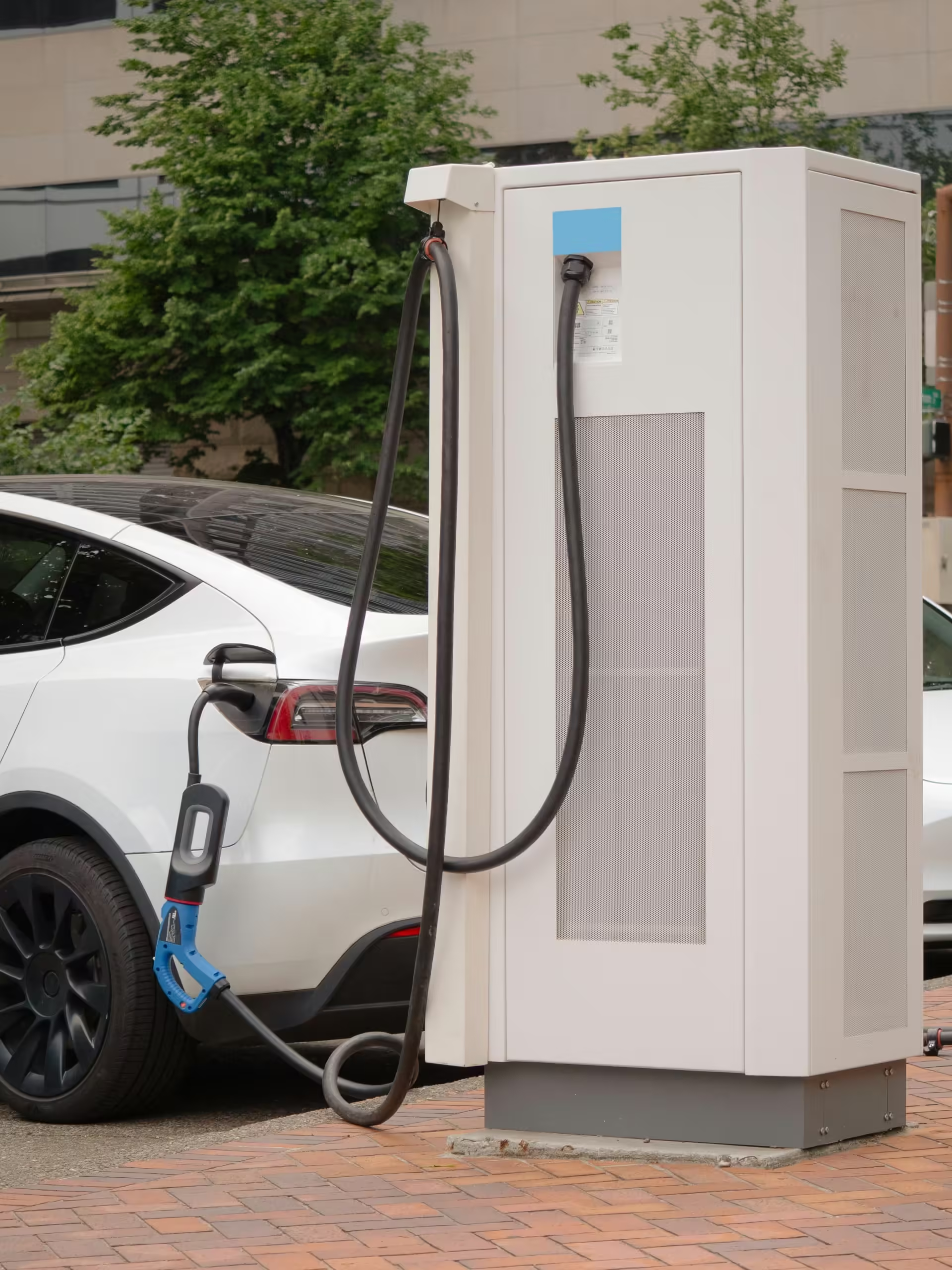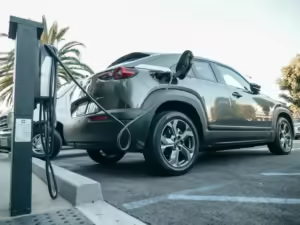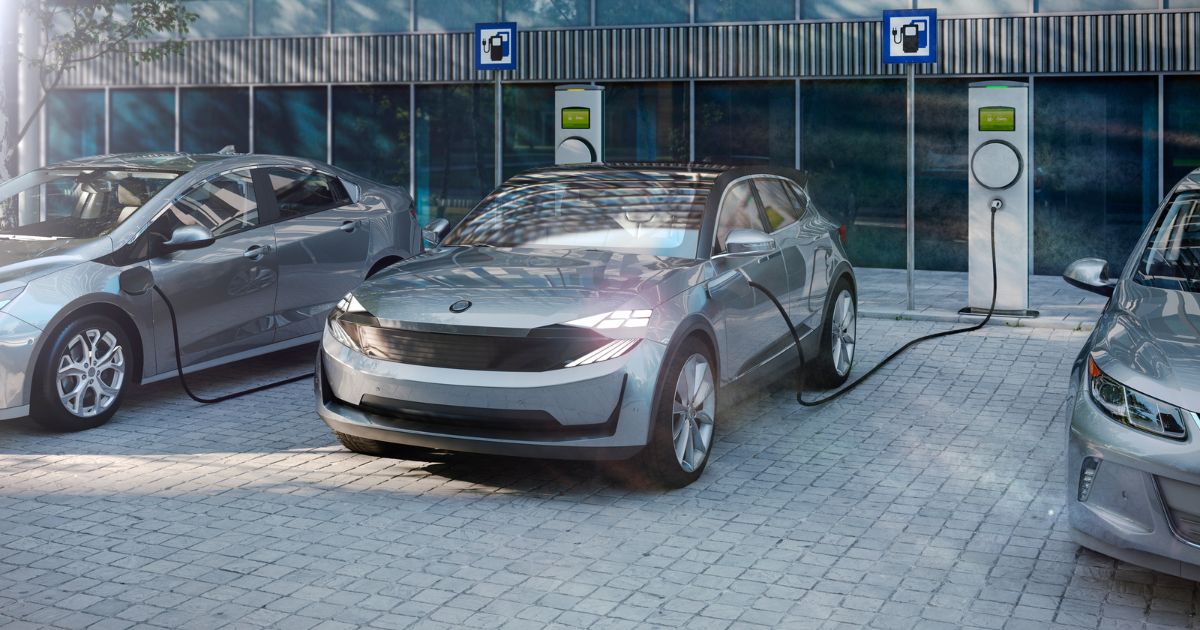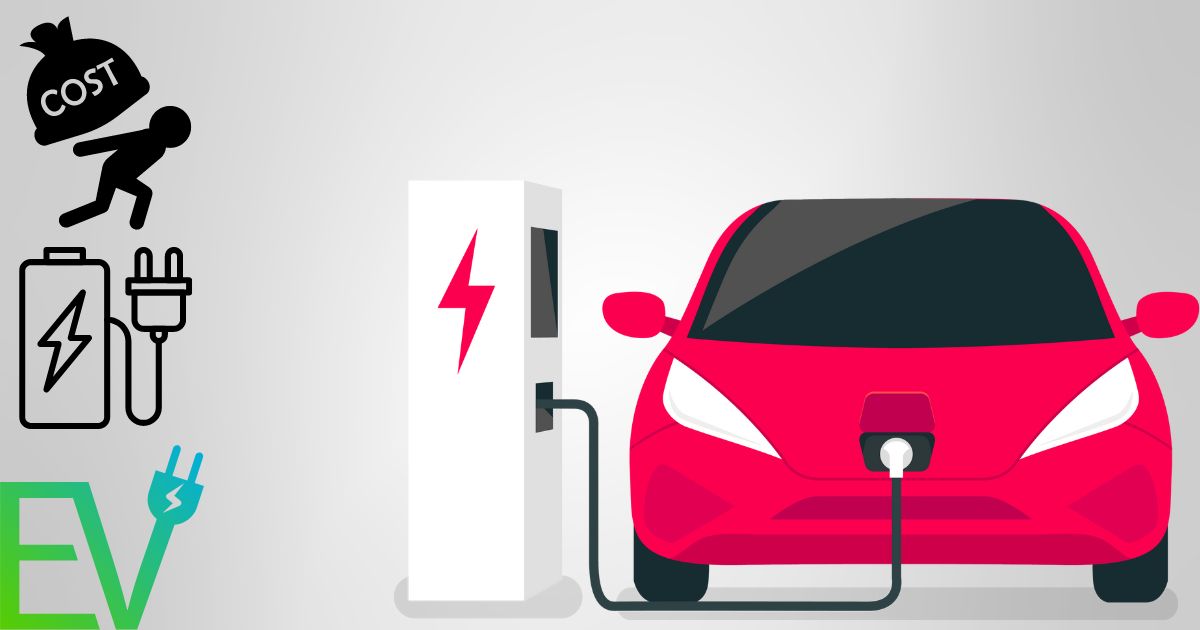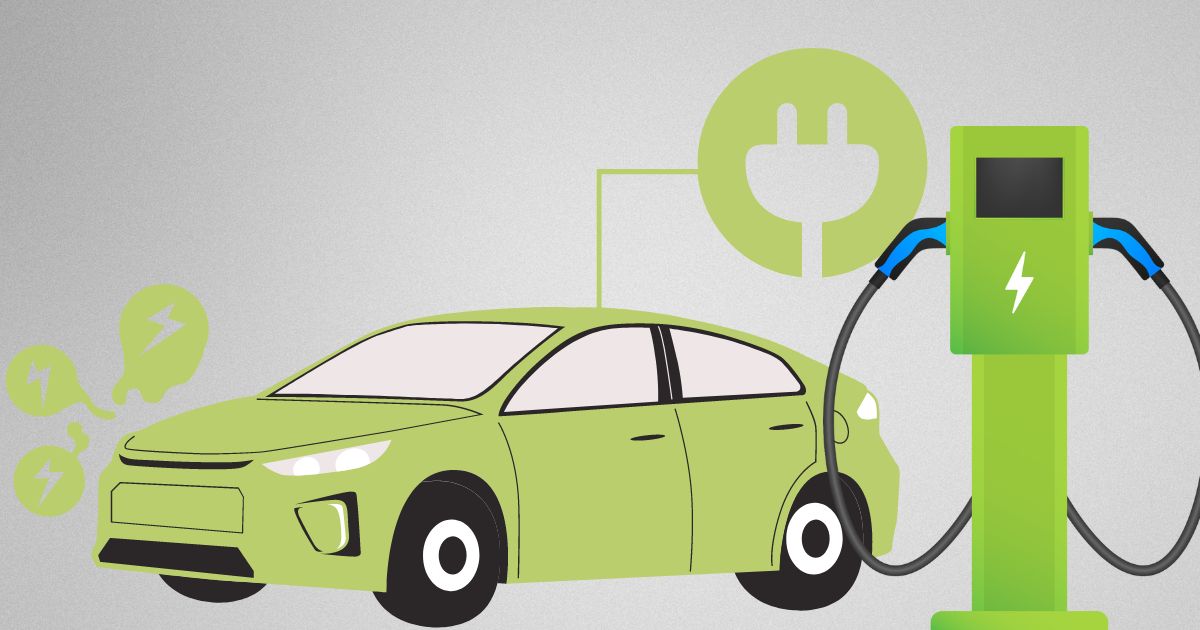How Much to Charge an Electric Car: A Comprehensive Guide 2024
Introduction
Electrically powered automobiles are likely to be embraced by people as many are looking for ways to cut expenditure and the use of clean means of transport. Though, one of the questions which many potential electrical cars’ owners have is “How much to charge an electrical car?”
Taking into consideration possible costs is necessary if a person wants to make a right decision and switch to an EV. This guide will also provide a summary of all the costs of charging an electric car at home or workplace using charger points and at charging points station and measures of avoiding those charges.
Understanding Electric Car Charging
Types of Charging
Charging an electric car can be done in several ways, each with its own cost implications:
- Home Charging: Addition of a home charging point means that that particular type of EV can be charged at home.
- Workplace Charging: Provided in your workplace by the employers such as charging for the automobiles and harvesting the fruits.
- Public Charging: In the public domain where more people you can visit charge point like supermarket or car park and etc.
- Rapid Charging: The electricity supply at motorway service stations and all other relevant places where facilities providing HCDC are located.
Battery Basics
If one is looking to charge an electric car, then he/she will have to celebrate the following important factors; the size of a battery and its capability of charging. Large batteries arch longer and this uses more electricity and this can attract high costs. Understanding the size of the car battery and how that determines charging will help you in guessing your expenses more accurately.
Cost to Charge an Electric Car at Home
Average Cost
The most employed and the best one is charging the batteries at home because this is comparatively cheap to other charging stations. Well, concerning the raised questions, to the fundamental subject matter of the UNTP regarding the electricity price, which is directly borne by consumers in the UK, it is expected to stand at 14p per kilowatt hours. To calculate the cost of charging at home, you can use this simple formula:
Cost=Battery Size (kWh)×Electricity Rate (p/kWh)
For instance, by supposing you have a battery capacity on your car at 60 kWh and electricity tariff at 14 p/kwh, the cost of charging your car would be.
60 kWh×0.14 £/kWh=8.40 £
Factors Affecting Home Charging Costs
Several factors can influence the cost of charging your electric car at home:
- Time of Day: Electricity cost may also vary to depend with the period during the day or during the night. Here marks the probability that, it might be cheaper to charge it at night rather than to charge it in the day.
- Regional Rates: It is for this reason that electricity costs are not constant and are always inclined with the location of the area in question.
- Dual-Rate Tariffs: Some energy providers offer special tariffs for EV owners, which can reduce costs.
Home Charging Solutions
Having personal home charging point can also be another effective way of charging since one will just have to connect it fully. Some of the several feature that can be expect on a home charger include; it must be capable of fast charging and should be smart charger like the Pod Point Solo 3S.
Example Calculations
Let’s look at the cost to charge some popular EV models at home:
- Nissan LEAF: 40 kWh battery, 14p per kWh
- Cost: 40 kWh×0.14 £/kWh=5.60 £
- Mercedes-Benz EQE: 90 kWh battery, 14p per kWh
- Cost: 90 kWh×0.14 £/kWh=12.60 £
Cost to Charge an Electric Car at Work
Workplace Charging Overview
Many employers are now offering workplace charging as a perk for employees. This can be a convenient and cost-effective way to keep your EV charged.
Employer Incentives
Employers may permit or even plan to pay for the charging in a manner that it will be cheaper to charge electric vehicle than dispense fuel. Therefore, it contributes not only to the enhancement of employees’ well-being, but also to the general positive influence on organizations, helping them strengthen their sustainable performance.
Example Scenarios
- Free Charging: If your employer offers free charging, your cost is zero.
- Paid Charging: If your employer charges a fee, it might be based on time or energy used. For example, a rate of 10p per kWh would cost £6 to fully charge a 60 kWh battery.
Cost to Charge an Electric Car at Public Chargepoints
Public Charging Overview
Some of the places where the public charge points are located are super markets, car park ages and the city. It should be however noted that the price offering could vary from one provider to the other and from one geography to another.
Factors Influencing Public Charging Costs
- Location: Charging in city centers may be more expensive than in suburban areas.
- Speed: Faster chargers usually cost more per kWh.
- Provider: Different providers have different pricing models.
Example Calculations
Let’s look at the cost to charge at various public locations:
- Supermarket: 20p per kWh
- Cost for 60 kWh battery: 60 kWh×0.20 £/kWh=12 £
- City Center Car Park: 30p per kWh
- Cost for 60 kWh battery: 60 kWh×0.30 £/kWh=18 £
Cost to Charge an Electric Car at Rapid Chargers
Rapid Charging Overview
Fast chargers equipment are therefore in a position to charge a huge sum on a short while depending on the capacity of batteries and hence most appropriate for long distance traveling or instance of emergent case.
Cost Analysis
Rapid charging is usually more expensive due to the convenience and speed. The average cost is around 40p per kWh.
Example Calculations
- 30-Minute Charge: If a rapid charger provides 50 kWh in 30 minutes at 40p per kWh:
- Cost: 50 kWh×0.40 £/kWh=20 £
Convenience vs. Cost
While it is true that rapid charging is a little more expensive is gratifying in view of the fact that one gets back on the road again soon. It is more efficient in its use when in a journey that shall be long or during route rush.
Tips to Minimize Charging Costs
Smart Charging Strategies
- Off-Peak Charging: To save, super charge your car at odd hours of the day since they will charge you a lesser amount.
- Dual-Rate Tariffs: Look for energy plans for charging the purposes of electric vehicle that are cheaper in terms of the unit price per kWh.
Maximizing Efficiency
- Battery Health: Much attention should also be paid to the battery so that it is in the best state possible to allow for great levels of efficiency.
- Efficient Driving: They also do not like sharp accelerations to also save on the battery or learn how to accelerate calmly so as to get the most efficient gas mileage.
Utilizing Renewable Energy
- Solar Panels: He reasons that, ‘at home, you should install solar panel to generate your power supply so that you will not again experience a black out.’
- Green Energy Tariffs: Choose your energy suppliers carefully that way you can get renewable energy suppliers that offer you green energy choice.
Do Electric Cars Increase Your Electric Bill?
Understanding the Impact
Transition from the petrol/diesel car to an EV means that in consumption the utilization will increase in electricity but decrease in fuel. These effects are still dependent on your driving regime and the costs of electricity, which are present in your geographical location.
Example Scenarios
- Monthly Cost Comparison: If you drive 1,000 miles per month and your EV consumes 0.3 kWh per mile, you’ll need 300 kWh. At 14p per kWh, that’s £42 per month. Compare this to the cost of petrol or diesel for the same distance.
Long-Term Savings
Over time, the savings on fuel and maintenance can outweigh the increased electricity costs, making electric cars a cost-effective choice.
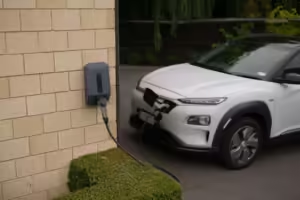
Conclusion
Charging an electric car can vary in cost depending on where and how you charge it. Home charging is usually the most cost-effective, while rapid charging offers convenience at a higher price. By understanding the different charging options and strategies to minimize costs, you can make the most of your electric vehicle.
FAQs
What is the cheapest way to charge an electric car?
Charging at home during off-peak hours is usually the cheapest option.
How often do I need to charge my electric car?
It depends on your driving habits and battery size. Most EV owners charge their cars a few times a week.
Can I charge my electric car with a regular outlet?
Yes, but it will be slower compared to using a dedicated home chargepoint.
How long does it take to charge an electric car?
Charging time varies based on the charger type and battery size. Home charging can take several hours, while rapid charging can take as little as 30 minutes.
